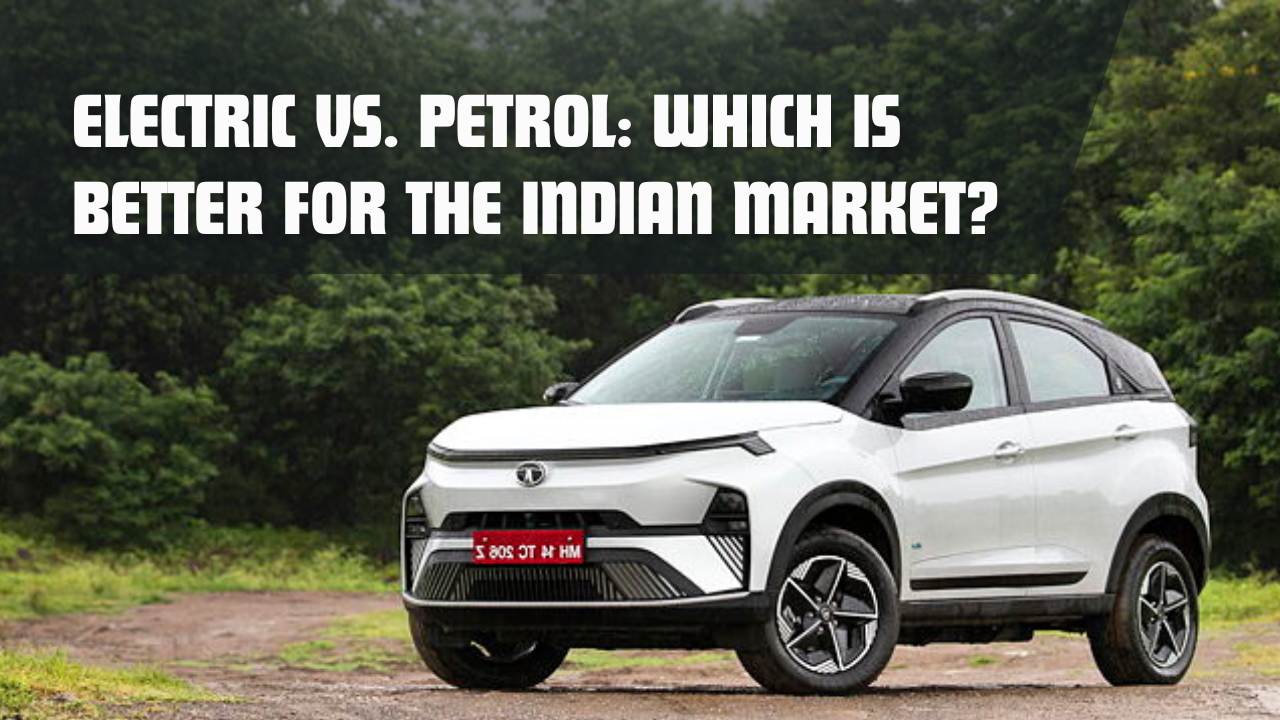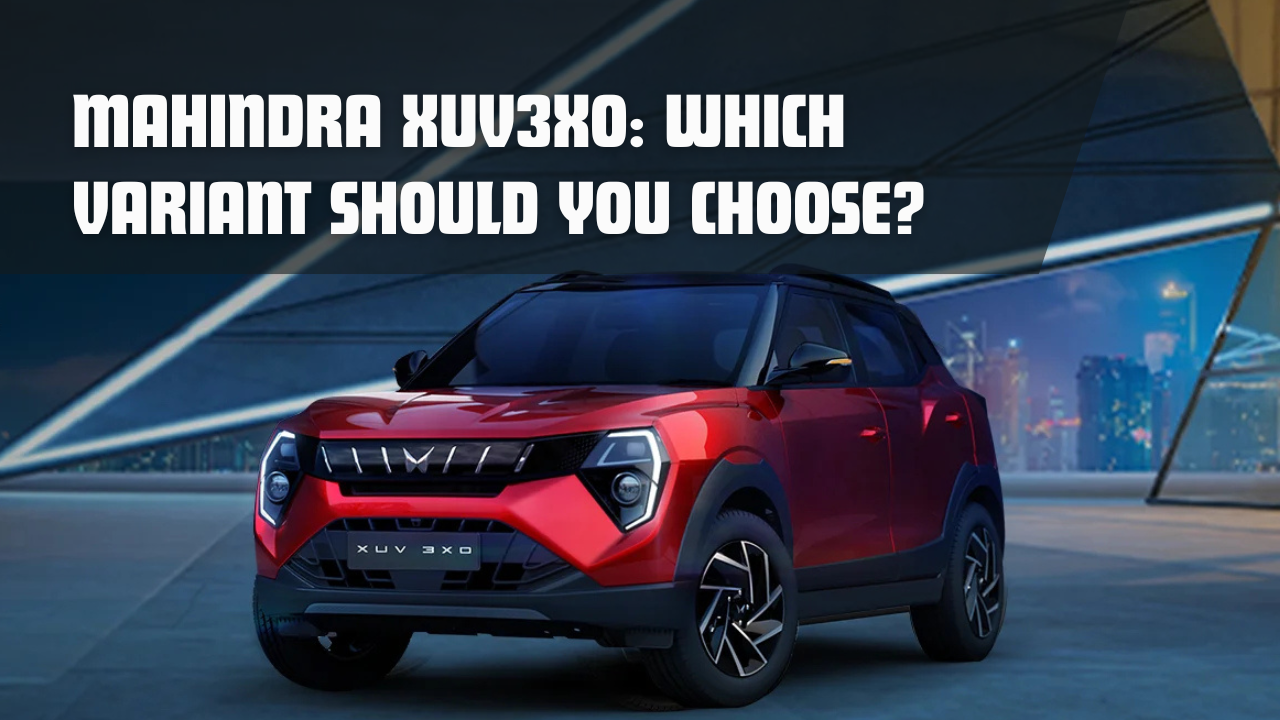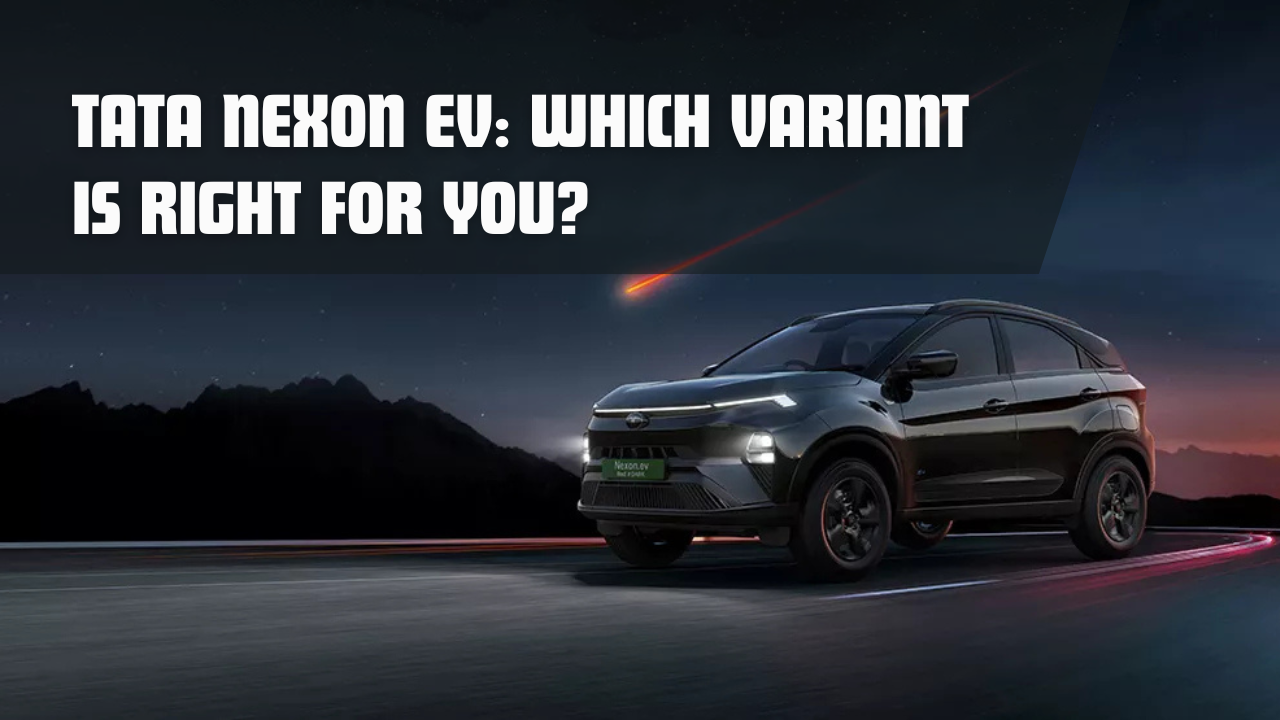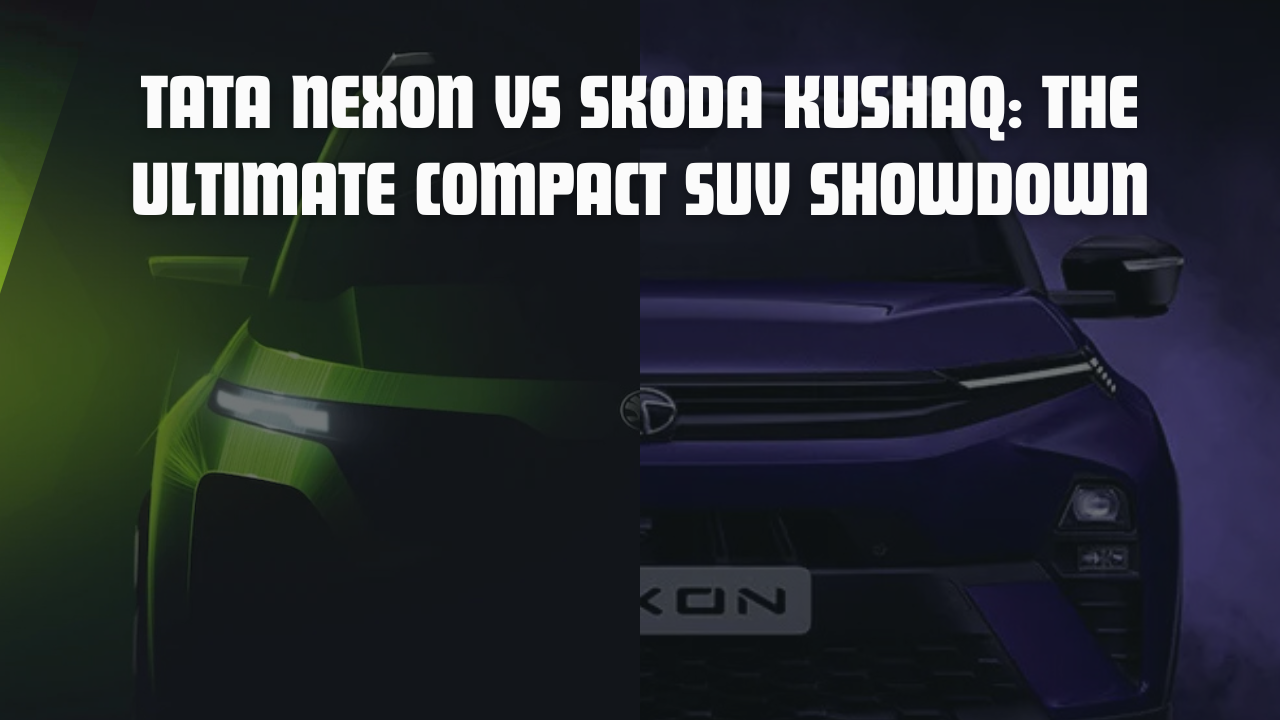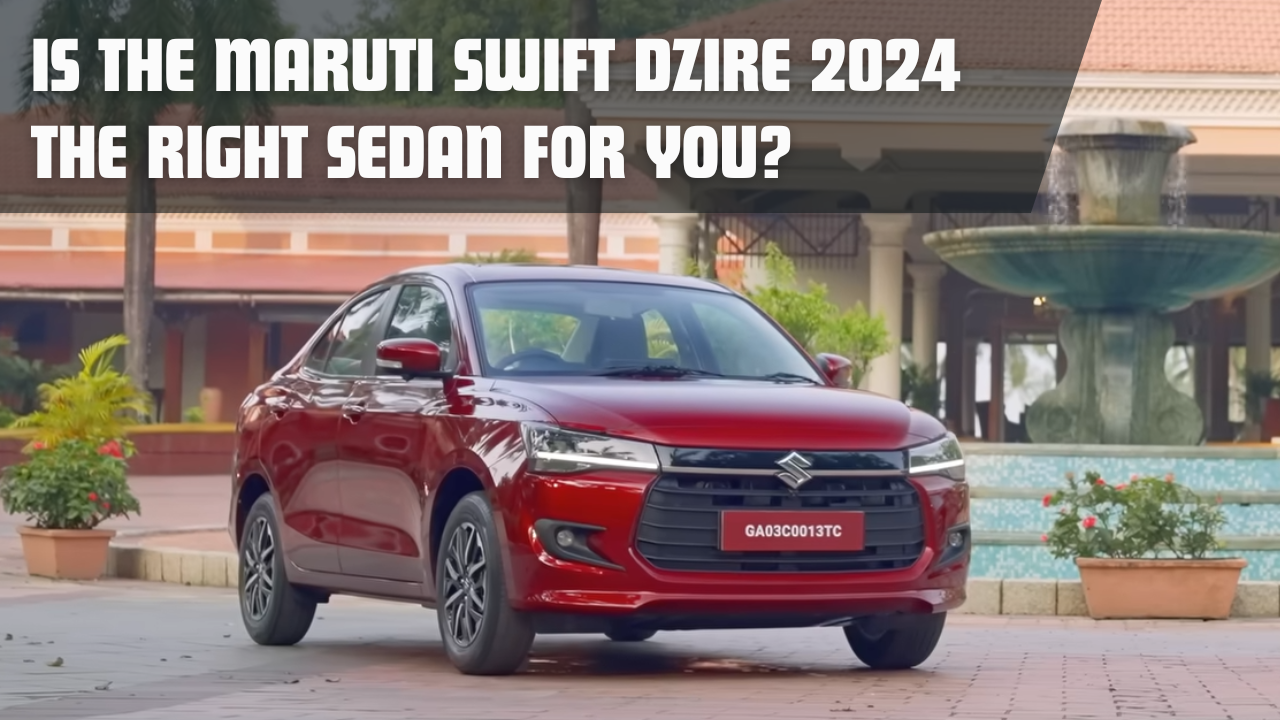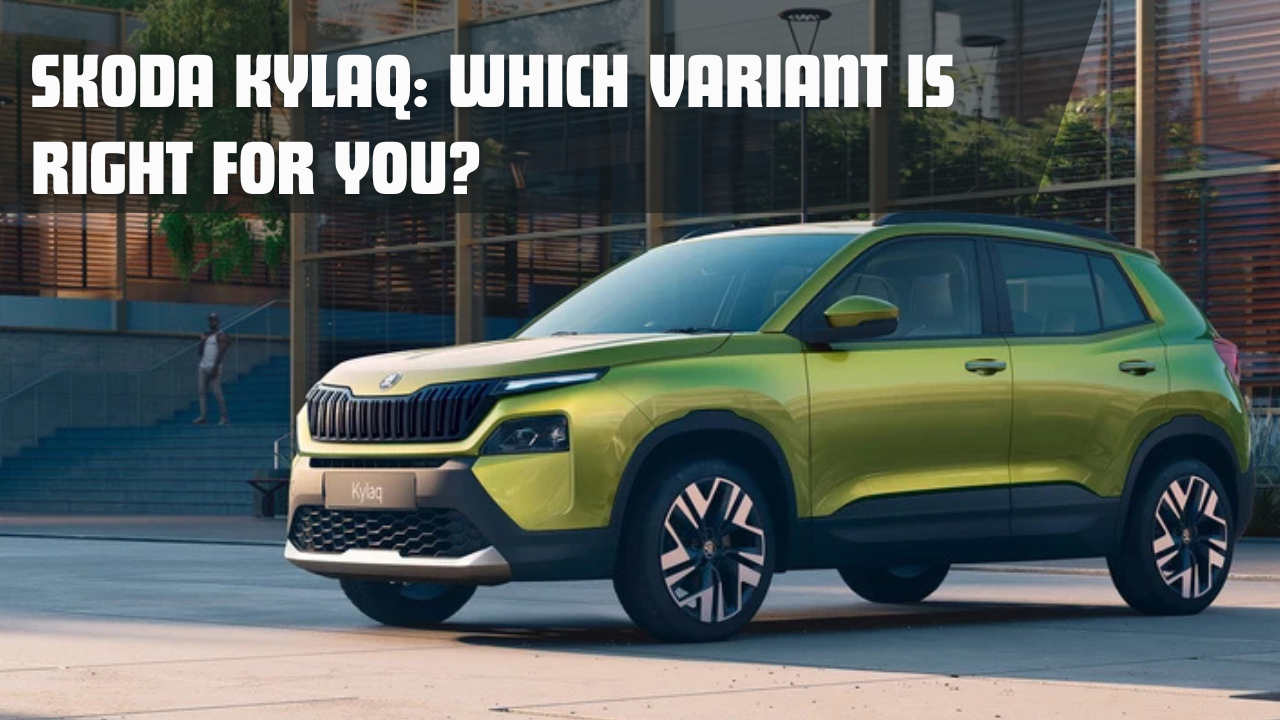The Indian automotive landscape is rapidly evolving, especially with the increasing interest in eco-friendly, cost-effective transportation options. The choice between electric and petrol cars has become a hot topic, as more people consider the long-term benefits of switching to electric vehicles (EVs). However, the decision isn’t always straightforward, as both options come with distinct advantages and limitations, particularly in the Indian context. Here’s a breakdown of key factors to help you decide which might be better suited for you.
1. Cost Comparison: Initial Price and Maintenance
- Electric Cars: EVs are generally pricier due to high battery costs, though prices have been gradually decreasing as technology advances and production scales up. Still, the initial investment for an EV remains higher compared to a petrol car in the same segment. For example, Tata Nexon EV costs more than its petrol counterpart. However, government incentives and subsidies are available in many states, helping offset these costs slightly.
- Petrol Cars: Petrol cars are traditionally more budget-friendly, making them more accessible to a broader range of buyers. Prices vary depending on the make and model, but overall, petrol vehicles tend to have a lower sticker price than EVs. This affordability makes petrol cars a practical choice, especially for budget-conscious consumers.
- Maintenance: EVs have an edge when it comes to maintenance costs. With fewer moving parts and no need for oil changes or regular engine tune-ups, electric cars require less upkeep. This can lead to substantial savings over the years, especially as petrol car maintenance costs often increase with age.
2. Infrastructure: Charging Stations vs. Petrol Pumps
- Charging Infrastructure: One of the primary challenges facing EV adoption in India is the limited charging infrastructure. Although more charging stations are being installed in urban areas, especially at malls, office buildings, and highways, the availability is still sparse in many parts of the country. For owners without private parking or a home charging setup, relying on public chargers can be a hurdle.
- Petrol Pumps: Petrol stations, in contrast, are ubiquitous across India, ensuring that a petrol car can be refueled almost anywhere, whether in a bustling city or a remote village. This extensive infrastructure makes petrol cars more convenient for long-distance travel, particularly in areas where EV charging stations are scarce.
3. Fuel Costs: Rising Petrol Prices vs. Cheaper Electricity
- Petrol Prices: The fluctuating—and mostly rising—cost of petrol is a significant factor influencing people to consider alternatives like EVs. Petrol prices have risen steadily in India over the past decade, contributing to the higher running costs for petrol car owners. With no signs of substantial price reduction, this remains a major downside of owning a petrol car.
- Electricity Costs: On the other hand, electricity is generally much cheaper than petrol on a per-kilometer basis. Charging an EV at home can lead to considerable savings on fuel costs, especially for city commuters. Although charging rates may vary depending on location and time of use, the overall expense remains lower than that of petrol. For those who drive frequently or cover long distances, these savings can be a compelling reason to switch to electric.
4. Environmental Impact and Emissions
- Electric Cars: EVs have a clear environmental advantage, producing zero tailpipe emissions. For individuals looking to reduce their carbon footprint and contribute to a cleaner environment, electric cars are the better choice. Furthermore, as India’s electricity grid increasingly incorporates renewable energy sources, the eco-benefits of EVs will only improve.
- Petrol Cars: Despite improvements in fuel efficiency and emission standards, petrol cars contribute significantly to air pollution and greenhouse gas emissions. This environmental impact is a concern in densely populated urban areas where air quality is a critical issue.
5. Options and Availability: Limited EV Choices
- Electric Cars: Although EV options in India have increased, the choices remain relatively limited compared to petrol vehicles. This limitation can make it challenging for buyers to find an EV that meets all their needs in terms of budget, range, and features. Brands like Tata, MG, and Mahindra are actively expanding their EV offerings, but the options remain fewer compared to the petrol segment.
- Petrol Cars: Petrol vehicles offer a much wider selection, from entry-level hatchbacks to premium SUVs, catering to various budgets and preferences. This extensive range allows buyers more flexibility in finding a car that fits their lifestyle and requirements.
Conclusion: Which Is Right for You?
The decision between an electric and a petrol car ultimately depends on your specific needs and priorities. Here’s a quick summary to help guide your choice:
- Choose Electric if:
- You drive primarily within city limits, where charging infrastructure is more accessible.
- You want to minimize maintenance costs and take advantage of lower fuel expenses.
- You are environmentally conscious and wish to reduce your carbon footprint.
- You are prepared to pay a higher upfront cost, potentially offset by government incentives and long-term savings.
- Choose Petrol if:
- You frequently travel long distances or to areas with limited charging options.
- You are looking for a budget-friendly vehicle with a wide range of options.
- You prioritize the convenience of readily available petrol pumps and a lower initial purchase cost.
In the end, both options have their pros and cons, and your choice should reflect your driving habits, budget, and commitment to sustainability. While electric cars are becoming more viable in India, especially in urban areas, petrol cars continue to offer unmatched convenience and a more extensive selection. With advancements in EV infrastructure and technology, the electric vehicle market will likely become more competitive and accessible in the coming years, making the decision even more exciting for future car buyers.

